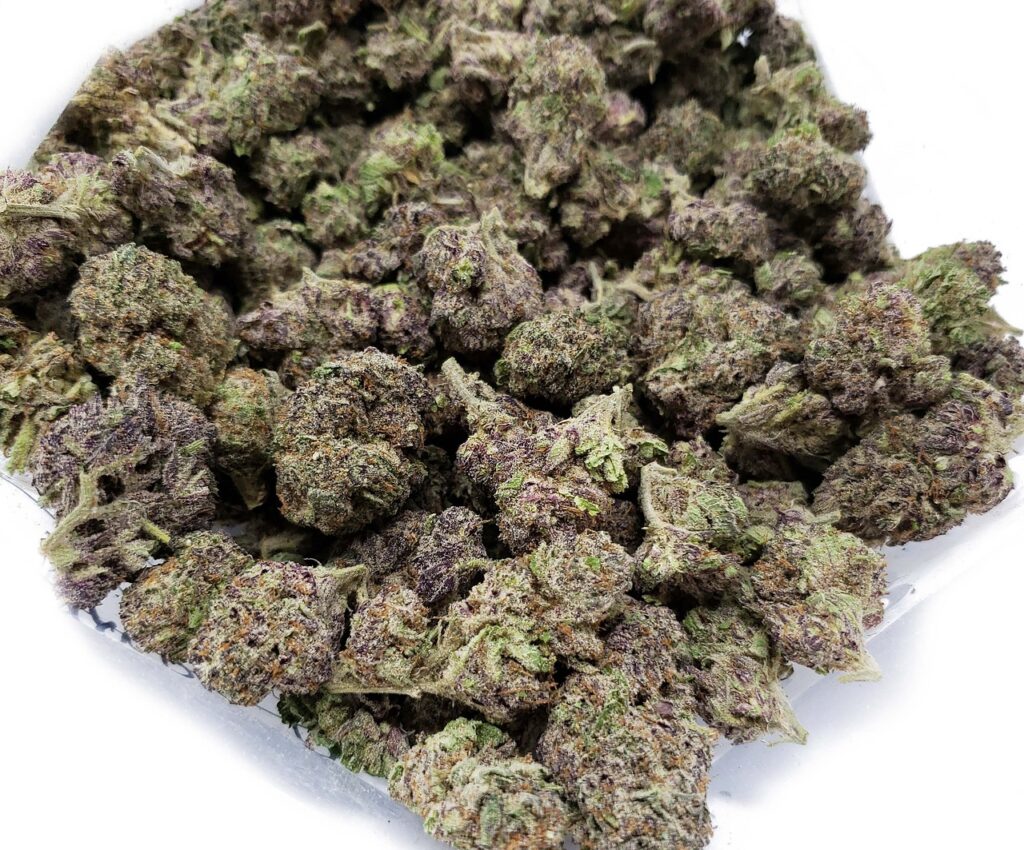Discovering Weed in Kampong Speu: A Quiet Conversation in Rural Cambodia

The province’s peaceful atmosphere and rural setting provide a stark contrast to the bustling city life of Phnom Penh. With its close-knit communities and deep ties to traditional Khmer values, Kampong Speu remains largely a reflection of Cambodia’s agricultural roots. However, like much of the country, there is an undercurrent of curiosity regarding cannabis, or “weed,” despite its illegal status in Cambodia on discover weed in Kampong Speu.
Cannabis remains banned in Cambodia, and the government enforces strict laws against its use, possession, and distribution. While the conversation around cannabis remains largely hidden in rural areas like Kampong Speu, the global conversation about its medicinal and recreational uses has begun to make its way into Cambodian society. This article explores how the curiosity surrounding cannabis is taking shape in Kampong Speu, the social and legal risks involved, and the potential for change in the country’s attitude toward cannabis on discover weed in Kampong Speu.
The Global Shift Towards Cannabis Acceptance on discover weed in Kampong Speu
Countries such as Canada, Uruguay, and several U.S. states have legalized cannabis for both medical and recreational use, driven by growing evidence of its therapeutic properties, including pain relief, anxiety reduction, and management of various mental health conditions on discover weed in Kampong Speu.
The shift in global attitudes toward cannabis is influencing many countries, including Cambodia, where the internet and social media provide avenues for the younger generation in rural provinces like Kampong Speu to learn more about its uses.
Cannabis in Kampong Speu: Quiet Curiosity
The Cambodian government maintains a zero-tolerance stance on drugs, and those caught with cannabis can face significant jail time and heavy fines.
However, despite the legal risks and social stigma, there is a growing curiosity about cannabis among some of the younger population. With access to the internet and social media, people in Kampong Speu are becoming more aware of the global conversation surrounding cannabis. They are learning about its potential benefits and uses, particularly in managing chronic pain, anxiety, and mental health issues.
While cannabis remains a difficult topic to discuss openly due to fear of legal repercussions and social exclusion, some individuals in Kampong Speu are quietly exploring the idea of cannabis as a medicinal alternative. This curiosity, though still limited and private, indicates that attitudes are slowly beginning to shift.
Legal and Social Risks
The legal consequences of cannabis use in Cambodia are significant. Possession or trafficking of cannabis is treated as a criminal offense, with offenders facing long prison sentences, hefty fines, and a criminal record.
The close ties between families and neighbors make it especially difficult for individuals in Kampong Speu to openly explore cannabis. The fear of legal consequences, paired with the fear of social rejection, keeps discussions about cannabis largely hidden, despite the growing interest among some residents.
The Potential for Change
While cannabis remains illegal and socially stigmatized in Cambodia, there is a growing global movement toward cannabis legalization. As more research emerges about the medicinal properties of cannabis, it is possible that Cambodia’s government could reconsider its stance on the drug in the future. If cannabis were legalized for medicinal use, it could provide an alternative treatment for many individuals in rural provinces like Kampong Speu, where access to healthcare is limited and conventional treatments may not always be effective.
However, such changes are unlikely to happen soon. The Cambodian government has a long-standing policy of strict anti-drug enforcement, and there has been little indication of any relaxation in the country’s drug laws. Nonetheless, the global movement toward cannabis acceptance, coupled with the increasing body of research supporting its health benefits, may eventually lead to more open discussions about cannabis in Cambodia.
Conclusion
In Kampong Speu, cannabis remains an illegal and controversial subject, hidden behind the backdrop of traditional values and strict drug laws. While the curiosity surrounding cannabis is slowly growing, the fear of legal and social consequences keeps it a quiet topic of interest. As the global conversation around cannabis continues to evolve, it is possible that attitudes in Cambodia, even in rural areas like Kampong Speu, may shift over time. Until then, cannabis will remain an undercurrent of curiosity, with many exploring the topic behind closed doors, cautiously awaiting a time when it may be more widely accepted.
I have used Jay ( greenleafemporium1@gmail.com ) at least 3-4 times and every time it has been top notch. He is the best local plug you can find around. He is very pleasant, friendly and fast. He is a lifesaver.
He sells top shelf WEED and other stuffs at moderate prices. I will always recommend this guy when people ask me my ” go-to”. All you have to do is follow his instructions.
Just send him an email and I bet you will come back for more once you finish what you bought because the quality is incredible.
You can find him on telegram by clicking:https://t.me/Greenleafemporium1
“I noticed a huge reduction in my anxiety after using their products highly recommended .”
Great service, easy to work with and I’m very satisfied. I’m so happy I found JAY here. He is super responsive, on time and the quality of weed he sells are serious on point and top notch.